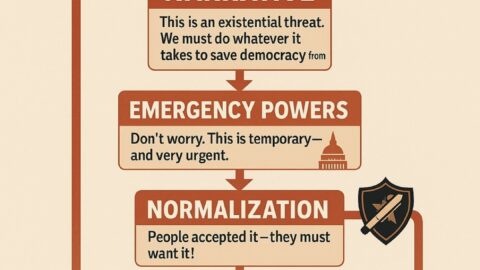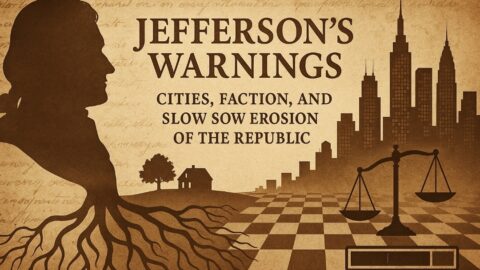Proverbs 13:22 states: “A good man leaveth an inheritance to his children’s children: and the wealth of the sinner is laid up for the just.” This verse encapsulates a profound principle of intergenerational responsibility, stewardship, and moral living.
Below is a detailed exploration of its meaning:
Context in Proverbs and the Bible
- Proverbs is a book of wisdom literature in the Bible, offering practical advice for living a righteous, disciplined, and God-honoring life.
- This specific verse addresses themes of legacy, responsibility, and divine justice, focusing on the long-term effects of one’s actions and choices.
Interpretation of Key Phrases
“A good man”
- Refers to someone who lives righteously, guided by integrity, faith, and responsibility.
- This individual’s moral compass ensures their actions benefit others beyond their immediate lifetime.
“Leaveth an inheritance”
- An inheritance symbolizes the tangible and intangible wealth passed down to future generations.
- It includes not just material wealth but also spiritual values, wisdom, and a strong foundation for life.
“To his children’s children”
- This phrase emphasizes intergenerational impact, encouraging individuals to think beyond their immediate descendants.
- A good man’s influence extends to his grandchildren, reflecting a long-term vision and responsibility for family continuity.
“The wealth of the sinner is laid up for the just”
- This contrasts the outcomes of righteous living versus sinful behavior.
- Wealth gained through unrighteous means will ultimately benefit those who live justly, often through divine intervention or societal consequences.
Practical and Symbolic Applications
Material Legacy
- A “good man” manages resources wisely, ensuring that his children and grandchildren have a stable foundation.
- This could mean saving, investing, and avoiding reckless or selfish financial behaviors.
Spiritual and Moral Legacy
- Beyond material wealth, leaving an inheritance also refers to imparting faith, principles, and a God-centered worldview to descendants.
- A legacy of wisdom and moral character can shape future generations far more profoundly than money.
Generational Responsibility
- The verse teaches that individuals should think beyond their own lifespan, planning for their family’s long-term well-being.
- This forward-thinking attitude contrasts with selfish or short-sighted living.
Broader Lessons from the Verse
Stewardship
- A good man sees himself as a steward of the blessings God has given him. He uses these blessings not only for his own benefit but for the benefit of his family and others.
Planning and Discipline
- The verse underscores the importance of disciplined living, which allows one to accumulate resources and pass them on.
- Wastefulness or indulgence diminishes the ability to leave a meaningful inheritance.
Justice and Divine Providence
- The latter part of the verse highlights that God’s justice prevails over time.
- Even if sinners prosper temporarily, their wealth will ultimately serve those who live righteously.
Modern Implications
Financial Planning:
- This verse can be a call to prioritize financial literacy, estate planning, and creating a legacy for future generations.
Ethical Living:
- The principle suggests that wealth gained through dishonest means lacks lasting value, as it will not contribute positively to future generations.
Family and Community Investment:
- It encourages individuals to focus on building strong families and communities, as these are critical aspects of a lasting inheritance.
Examples in Life and Scripture
Biblical Examples:
- Abraham: Passed down a covenantal blessing to his descendants, demonstrating a spiritual inheritance.
- David and Solomon: David’s preparation of resources enabled Solomon to build the temple, reflecting material and spiritual planning.
Modern Examples:
- Families who prioritize education, instill moral values, and teach financial responsibility often leave legacies that last generations.
Proverbs 13:22 offers a timeless lesson about the importance of living responsibly and righteously. It challenges individuals to think beyond their immediate needs and to consider the impact of their actions on future generations. Whether through financial prudence, spiritual guidance, or moral integrity, leaving an inheritance for one’s “children’s children” is a hallmark of a life well-lived.







